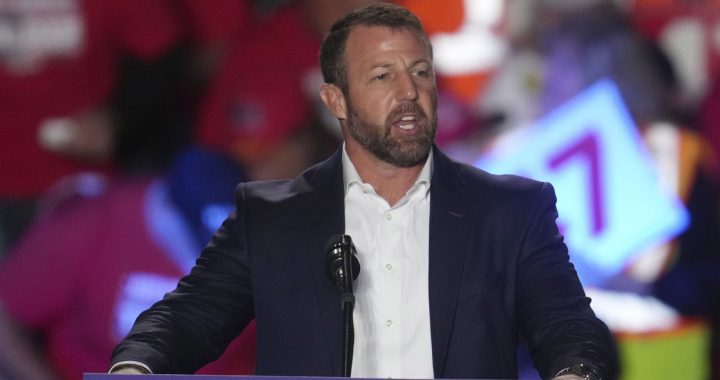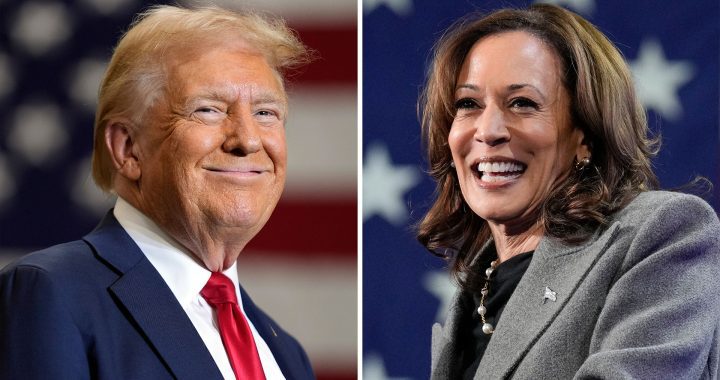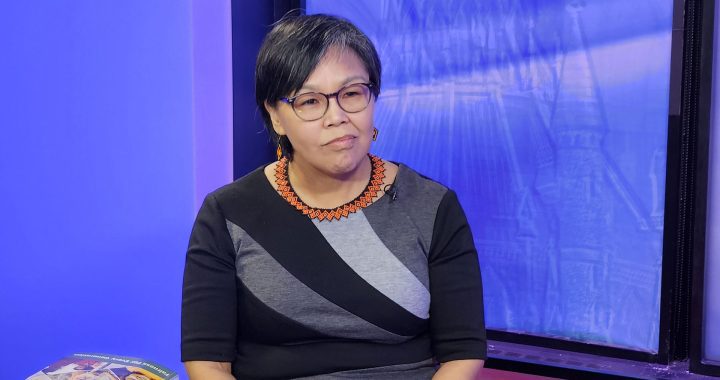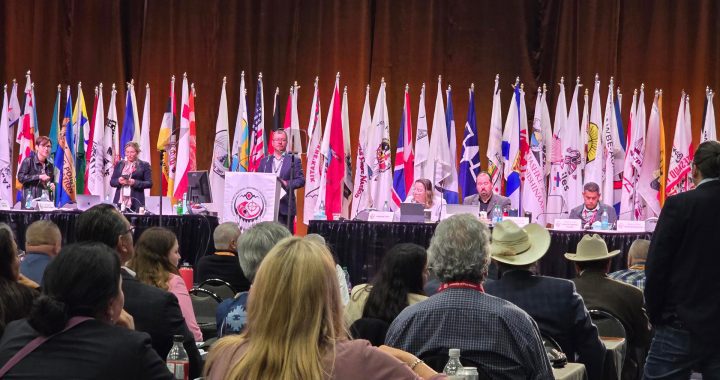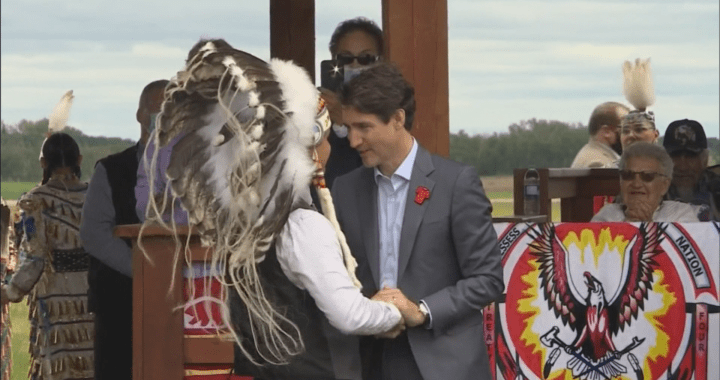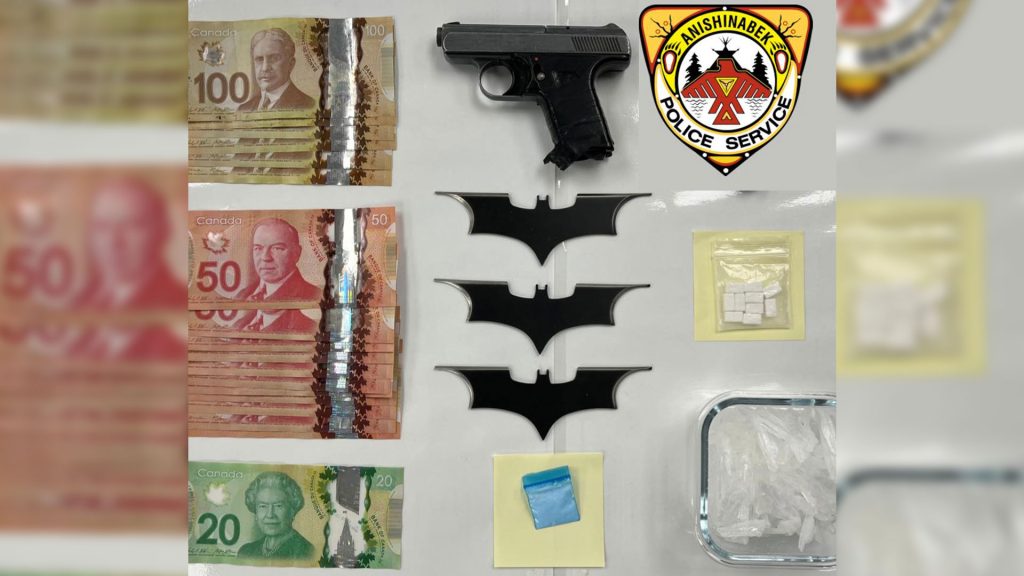
To all the Toronto drug dealers migrating north into small First Nations to profit off wounded people, listen carefully.
Leaders say your time is coming to an end.
“We’re in the process of mobilizing our communities, identifying these people… we’re going to get rid of these people. We’re going to get rid of this pressure that is preying on our children,” said Chief Adam Pawis, of Shawanaga First Nation, about 270 km north of Toronto.
And the First Nations are going to have a little more help going forward.
That’s because a historic court victory on Oct. 30 by Mississauga First Nation set a new precedent in Ontario.
Mississauga, on the north shore of Lake Huron, successfully prosecuted one of its own laws in provincial court to remove an alleged drug dealer.
As first reported by APTN News, Mississauga took matters into its own hands and hired its own lawyer to enforce their trespassing law.
“It’s been a long time coming,” said Chief Brent Nigonabe Thursday, on a special Nation to Nation looking into how First Nation law can be used to keep drug dealers out of communities.
Mississauga’s trespassing law was developed through its land code.
Twenty First Nations in Ontario have passed land codes since the early 2000s and that means they can govern their land and resources out from under the Indian Act.
The code also means nations can create more laws, such as ones to protect their community from drug dealers.
However, for years, no matter how many First Nation laws were passed in Ontario, the police and Crown haven’t enforced them.
That is now changing.
Nigonabe said police have already been in touch “about the process going forward” with First Nation laws, which are just as enforceable as any provincial or federal law.
It can’t happen soon enough.
For example, in Shawanaga, several alleged dealers have been caught by police in the small community of about 200 people in the past few months by the Anishinabek Police Service.
Alexandru Litvin, 41, was nabbed in August and charged for trafficking meth, cocaine and Zanax. Police said he also had a handgun and Batman throwing knives.
Court records show that Litvin is from Scarborough. He was also charged with driving impaired.
Terrence Smith, 23, was busted in Shawanaga in September and charged with several offences, including trafficking cocaine and breaking his court-ordered release conditions from previous illegal weapon charges that are still before the courts.
Smith is from Etobicoke and he was charged, again, with carrying prohibited knives in the September arrest.
He was ordered by a judge to go back home to live with his mom on Sept. 8.
Smith was arrested again earlier this week in Toronto.
Police there allege he stole license plates and also broke his bail conditions by not being in his mother’s apartment by 11 p.m. each night.
“There’s more money to be made in central and northern Ontario than there is on Yonge street in Toronto,” Pawis said, on N2N, adding he’s writing down license plate numbers of outsiders and giving them to police.
Smith had been living in nearby Wasauksing First Nation, next to Parry Sound, for most of the summer; that is until APTN learned of him in July, which is featured in the APTN Investigates documentary, “The Great Change”.
It only gets worse the more you travel north along the Trans Canada Highway pass Wasausking and Shawanaga.
In the last five years, more than 1,000 people have died from toxic drug overdoses in the territory.
There’s been more than 600 in Sudbury alone.
“The impact [drug dealers] are having is devastating,” said Nigonabe. “We do know who they are. We have talks with other First Nations. They say it’s the same individuals.”
Nigonabe said it’s time to stop the outsiders from taking advantage of people who’ve suffered generations of trauma.






